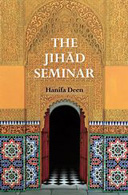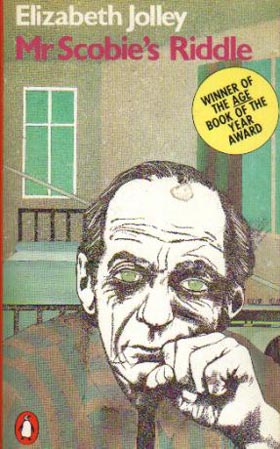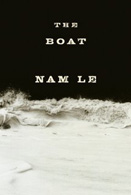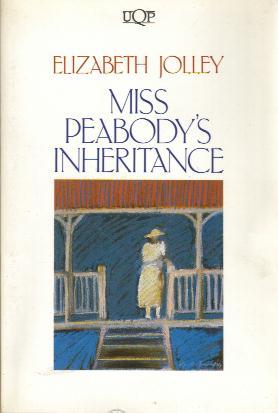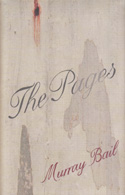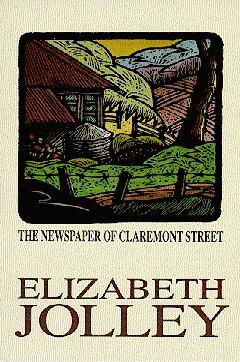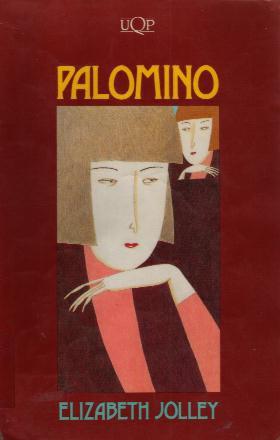THE DISCERNMENT OF FRIENDS.
People do not easily remember dates. Though there are many admirers of the verse of Adam Lindsay Gordon, most of them, it is safe to say, cannot recall, and would like to be reminded that October 10 was the date of the poet's birthday, and that he was born in the year 1833. More would be able to tell the date of his death, June 24, 1870, for it is chiselled on the base of the pillar that marks his grave in the Brighton Cemetery, and thousands have visited that spot for the pilgrimages held annually without a break since 1910. From the inscription on the monument, admirably designed - no doubt the Yorickers, of whom Gordon had been one, saw to that - the visitors learn also the names of his three volumes - "Ashtaroth," "Sea Spray and Smoke Drift," and "Bush Ballads and Galloping Rhymes."
In spite of the large sale of the poetical works of Paterson, Lawson, and Dennis, "The Argus" referendum, taken about this time last year, served to show that Gordon was still what he became in the 'seventies, when the first collected edition of his poems was published, the most popular poet of Australia. Students of Australian literature, and they are increasing in number with the Commonwealth's development, have put into print a great deal about Gordon's life. In reading these biographical details, one cannot but pause at times to note by what rare good fortune incentives to the using of a talent that would other wise have remained dormant were supplied.
COMPOSING THE "GALLOPING RHYMES."
For considerable periods before 1853, in which year his father, a retired Indian army officer, engaged in teaching Hindustani in the Cheltenham College, England, packed him off to Australia, Gordon had lived at home, a ne'er-do-well, frequenting training stables and racecourses, and getting a mount when he could. Among his associates he was the "squire." When, in 1860, he wrote "How We Beat the Favourite," his memory took him back to those days.
"Aye, squire," said Stevens, "they back him at evens;
The race is all over bar shouting, they say."
Stevens was the rider of five Grand National winners. At many a convivial evening, one may be sure, young Gordon's talent for verse-making, fostered in a home of culture, and probably practised at the Woolwich Military Academy and the Worcester Grammar School, both of which he had attended, would be called into requisition. Hence came the incentive to compose "Galloping Rhymes." One at least of them he considered worth preserving. It begins with the lines which possess the true Gordon ring and voice the true Gordon sentiment.
"Here's a health to every sportsman, be he stableman or lord,
If his heart be true, I care not what his pocket may afford."
The emotions caused by the thought of being exiled in circumstauces the reverse of creditable were the stimulus to the composition of another kind of verse, the lines "To My Sister," filled with echoes of his favourite poet, Byron, and expressive, of recklessness and defiance --
"My hopes are gone, my time is spent,
I little heed their loss,
And, if I cannot feel content,
I cannot feel remorse."
Some years, barren of poetic effort, had gone by in South Australia, during which he carried out the duties of a mounted policeman, and subsequently a horse-breaker, when, as if it were destined that his talent should not remain unused, there came in his way a man of discernment and sympathy, the Rev. E. J. Tenison Woods, a Roman Catholic priest, who overcame the young man's reticence and gained his confidence. Encouragement to write followed with the loan of books, among them Horace's "Ara Poetica," which Gordon, who had a remarkably retentive memory, learned by heart. In his leisure, which was scant, Gordon read voraciously, and occasionally he composed verses, but he published nothing.
VERSES FROM PARLIAMENT.
By-and-by, however, marriage, a legacy of several thousands of pounds, and election to the South Australian Parliament produced more favourable conditions. From the Parliamentary library Gordon sent some sporting verses to "Bell's Life in Victoria" (August, 1865). The discerning editor, seeing in them a quality above that found ordinarily in such compositions, printed them, and wrote expressing the hope that more would follow. Ambition was aroused in the young poet, and during the next year or so "Hippodromania" and "Ye Wearie Wayfarer" appeared - extracts from which are familiar on the tongues of thousands. Here are two from "Ye Wearie Wayfarer":-
"No game was ever yet worth a rap
For a rational man to play,
Into which no accident, no mishap,
Could possibly find its way."
"Life is mostly froth and bubble,
Two things stand like stone
Kindness in another's trouble,
Courage in your own."
A couple of years saw a change for the worse in Gordon's position. In 1868 he was struggling to earn a living by keeping a livery stable at Ballarat, and he was afflicted by both bodily and mental pain. Poetry went out of his life. Before the end of the year, however, he had sold the business and removed to Melbourne. There the gloom of his existence was lifted for a time by the appreciation and friendship of several sporting and literary men, among them F. W. Haddon, editor at that time of "The Australasian," and afterwards editor of "The Argus" for 30 years, Marcus Clarke, George Gordon McCrae, Dr. J. E. Neild, Henry Kendall, Robert and Herbert Power, and Major Baker. Milton wrote long ago:
"Fame is the spur that the clear spirit doth raise
To scorn delights and live laborious days."
Amid the training of horses and the riding of steeplechasers the longing came to Gordon again to express his thoughts and emotions in verse.
AT YALLUM PARK.
The fates were kind. John Riddoch, who had got to know and like him when they were in Parliament together, invited him to spend the slack season for racing at his homestead in the Mount Gambier district, at no great distance from Gordon's old home. The period during which he was at Yallum Park - January and part of February, 1869 - gave him an
opportunity and an environment for composition rare in his chequered life, the quiet of a comfortable home, the admiration of its inmates, and the certainty of publication in the leading literary journals of Australia - "The Colonial Monthly," edited by Marcus Clarke, and "The Australasian." Gordon used to go out after breakfast and climb an old gum tree in the home paddock, to a seat in its branches, and there jot down his verses, of which he made fair copies in the evening. Thus came into being, among other poems, "The Sick Stockrider," "The Ride from the Wreck," and "Wolf and Hound" - those that Kendall had in mind, no doubt, when he penned the following lines in his "In Memoriam" to Gordon:
"A shining soul with syllables of fire,
Who sang the first great songs these lands can claim
To be their own."
The student, examining Gordon's output of verse, and meditating on how it came to be written, fails, alas! to find any incentive strong enough to overcome the anxiety of mind and pain of body that afflicted him henceforth till the end. He apparently wrote no more after his visit to the Riddochs, though he had, fortunately, energy enough left to collect and prepare for the press the poems that form the volume "Sea Spray and Smoke Drift," published the day before his self-inflicted death. Let us be thankful to those discerning and sympathetic men who supplied the impulse and conditions that caused this reckless man to employ the poetic faculty which had been entrusted to him.
First published in The Argus, 20 October 1928
[Thanks to the National Library of Australia's newspaper digitisation project for this piece.]
Note: you can read the full text of all the Gordon poems mentioned here at Project Gutenberg's Library of Australiana.
